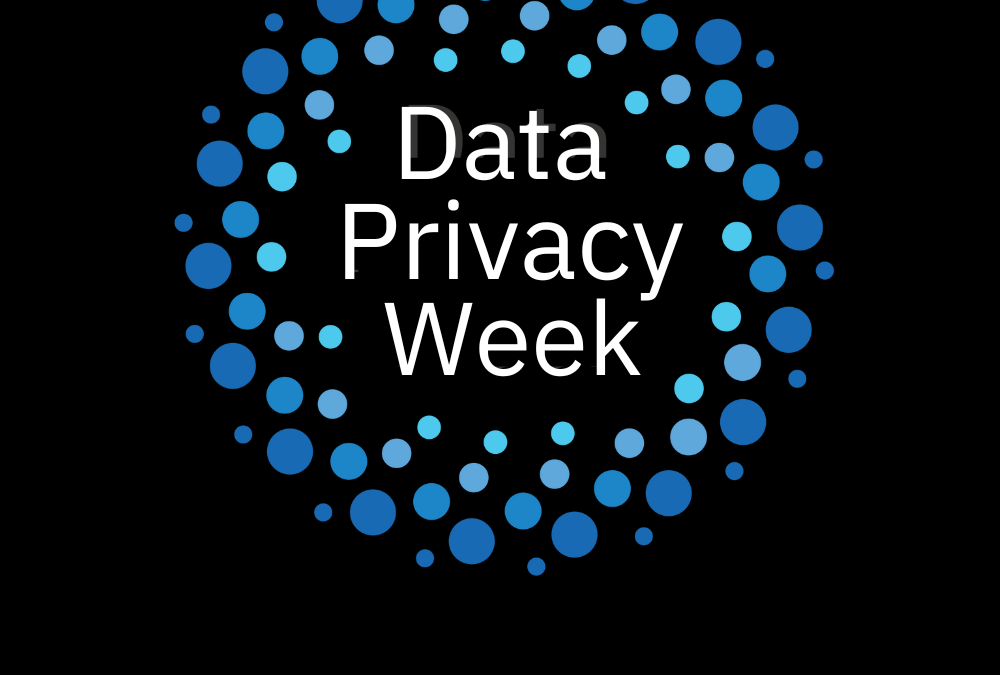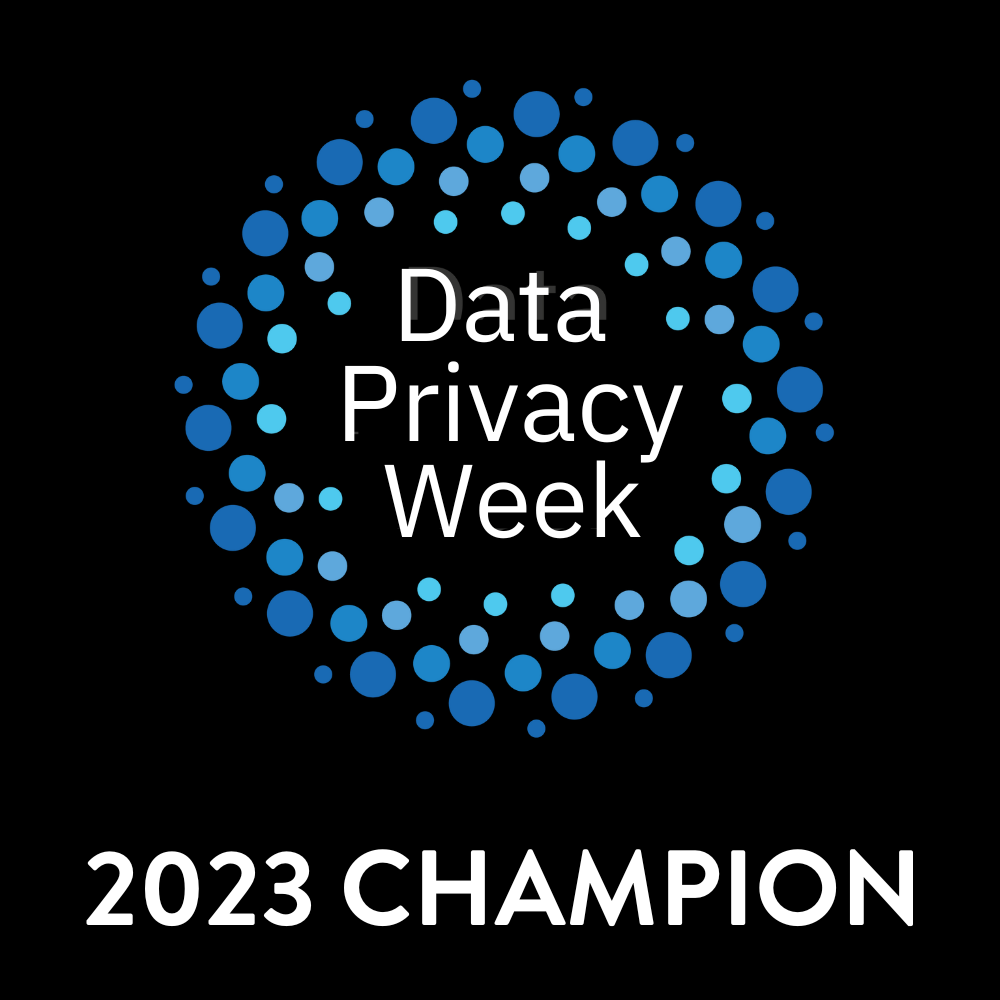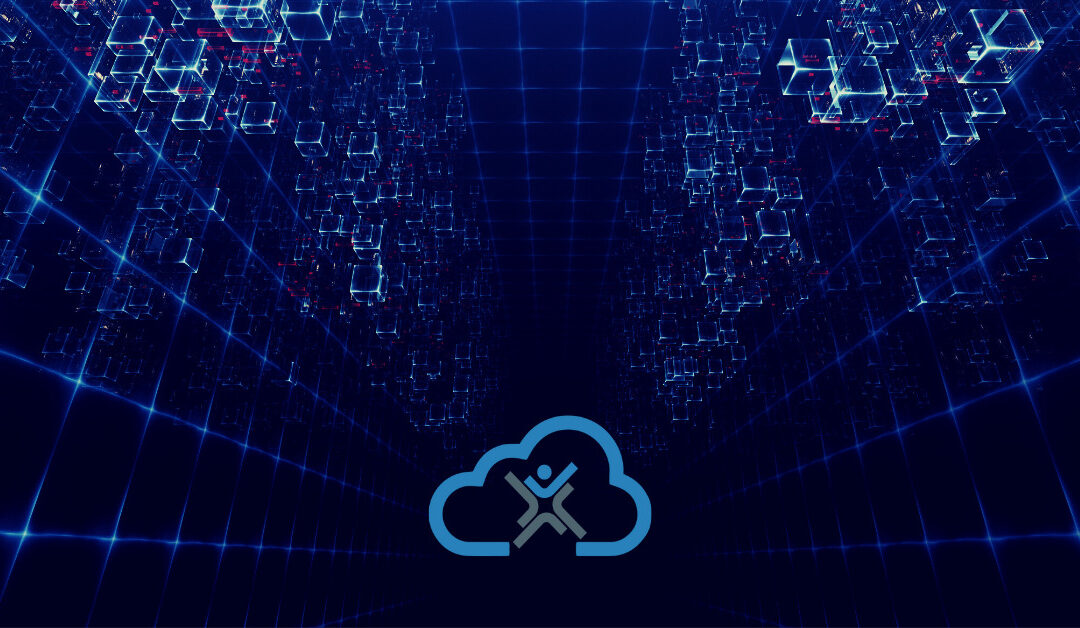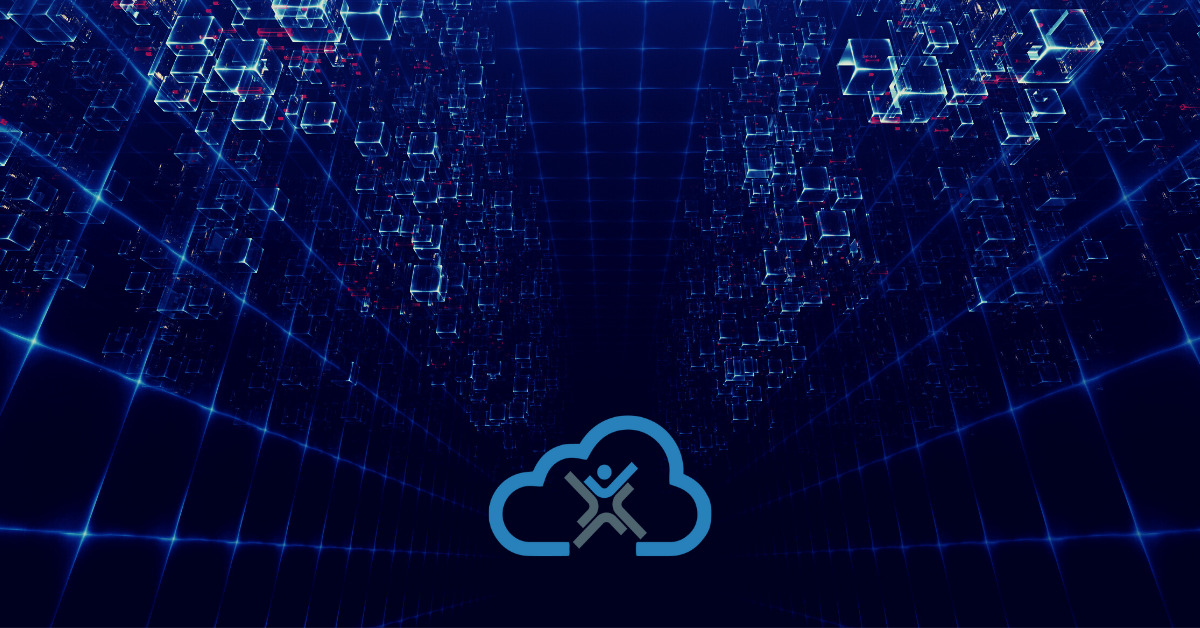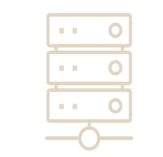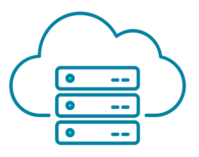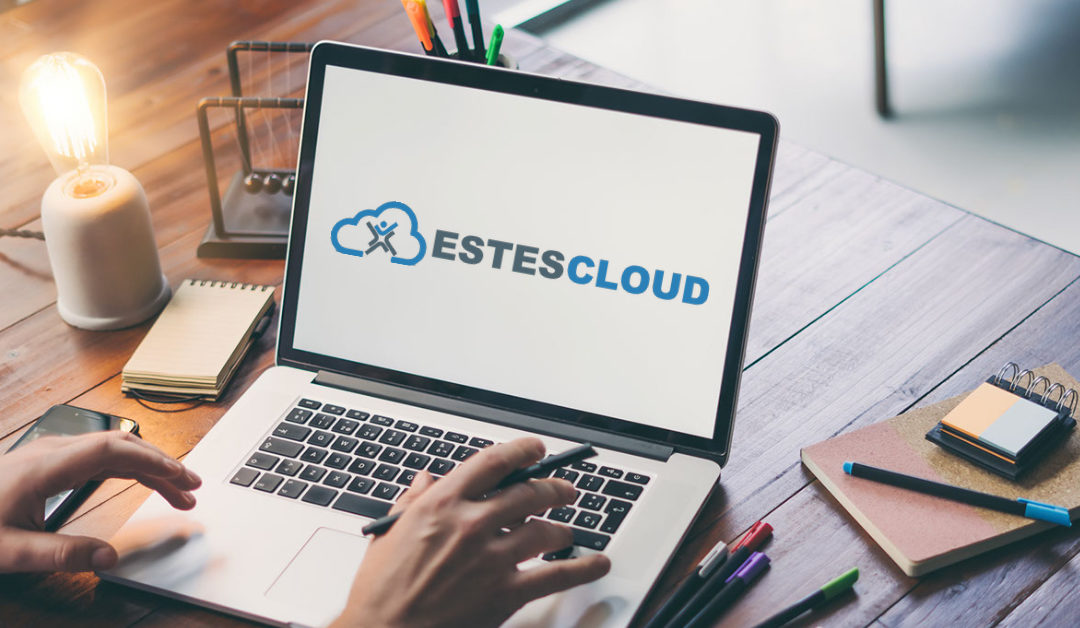
5 Ways Cloud Deployment Changes SYSPRO ERP
SYSPRO ERP Cloud Deployment vs. On-Premise Infrastructure
Top manufacturers and distributors are choosing private or hybrid cloud deployment for enterprise resource planning (ERP) software. This is especially true for cloud-ready ERP systems, like Epicor Prophet 21 and SYSPRO ERP. On-premise deployment can be limiting in the fast-paced world of manufacturing and distribution. Competition is fierce, cybercrime is rampant, and compliance regulations demand visibility and competition.

Fortunately, cloud deployment of ERP systems like SYSPRO offers you a competitive edge with increased visibility, improved growth potential, enhanced control, long-term scalability and affordability. Moreover, fully managed ERP hosting in a data center gives your business speed, reliability, and a written 100% uptime service level agreement (SLA).
SYSPRO cloud-ready ERP helps your business leverage data while protecting it, and a private or hybrid cloud deployment ensures scalability, security, and long-term success. For instance, you can increase control and scalability while gaining valuable insights into every part of your manufacturing or distribution business. You gain insight into everything from inventory management to customer relationship management.
Are you cloud-ready but not fully in a cloud of your own? Read on to learn more about why cloud computing is the top trend for companies running ERP software systems like SYSPRO. Business owners, leadership teams, and steering committees continue to look to managed cloud hosting partners like EstesGroup. Why? Most importantly, you can get the ERP consulting and cloud services you need with a 24x7x365 support team ready to serve you throughout your ERP deployment or cloud migration journey. This ensures a good foundation for long-term success with both your software and your technology.
What a Private or Hybrid SYSPRO Cloud Looks Like
Manufacturers and distributors are constantly looking for ways to increase visibility, growth, control, and long-term success. One of the most effective strategies for achieving these goals is to invest in a managed hosting solution for your ERP system. SYSPRO managed hosting provides an array of benefits that can help manufacturers and distributors reach their business objectives.
Benefits of an Estes Cloud Deployment for SYSPRO ERP
An on-premise deployment might be the right decision for your business. However, EstesGroup has seen the following outcomes for manufacturers and distributors that choose to shift to managed hosting solutions. In addition to SYSPRO, we have created success stories for many other complex enterprise resource planning systems. Talk to us to learn more about successful cloud migrations in Epicor Kinetic, Epicor Prophet 21, and Sage ERP.
- You can stay competitive in your industry by keeping up with digital transformation trends.
- You get instant access to valuable tools that let you control and analyze security and compliance.
- You can now gauge success with improved KPI tracking, benchmarking, and monitoring.
- You can easily customize your business strategy with new access to remote worker enablement tools, offering employees ultimate portability.
- You can quickly increase or decrease your cloud complexity with consumption-based pricing with no ingress or egress costs.
- You will instantly gain a valuable external team of SYSPRO enterprise resource planning consultants and technology experts. Your internal team gets everything you need to support both immediate and long-term business goals.
What is SYSPRO in EstesCloud?
EstesCloud hosting (ECHO), also known as a private cloud for SYSPRO or hybrid cloud solutions for any ERP system, is a cloud-based service that provides businesses with the ultimate access to enterprise resource planning software and its related services. SYSPRO is a cloud-ready ERP and is easy to deploy in an external data center. Your EstesGroup data center meets your needs for everything from cybersecurity to backup and disaster recovery. EstesCloud managed cloud services help your business by taking care of your technology while also providing ERP consultants that are always just a phone call away.
With SYSPRO managed hosting, customers can enjoy the benefits of having their own dedicated server without the need to purchase or maintain hardware. The service also includes 24/7 support, automated backups, and scalability options so businesses can easily scale up or down as needed.
1. Increased Visibility
The first benefit of managed ERP hosting for SYSPRO ERP is increased visibility. Access to real-time data on operations, customers, suppliers, and inventory levels, gives manufacturers and distributors good data. You can make informed decisions quickly and accurately. This allows you to respond quickly to changes in the market or to customer demands while also staying ahead of competitors.
Additionally, with SYSPRO’s cloud-based platform, they can access this information from anywhere at any time – giving them greater flexibility when making decisions or responding to customer inquiries.
2. Improved Growth Potential
Another advantage of a hybrid cloud deployment option is improved growth potential. With a cloud-based ERP system like SYSPRO, manufacturers and distributors have the ability to scale up or down as needed. Basically, you won’t need to purchase additional hardware or software licenses. This allows you to save money while still being able to expand your operations as needed.
3. Enhanced Control
SYSPRO managed hosting also brings enhanced control over operations. Manufacturers and distributors gain complete control over their data security measures. This includes encryption protocols that help protect sensitive information from unauthorized access or misuse.
Furthermore, with its built-in disaster recovery capabilities, you can ensure that all data is backed up regularly. If there were ever an issue, your systems could be restored quickly without any disruption in service. This keeps operations running smoothly, even during unexpected events such as power outages or natural disasters.
4. Long-Term Success
Finally, one of the biggest advantages associated with a private ERP cloud is a long-term success thanks to scalability and affordability. Many private or hybrid cloud solutions operate on a pay-per-use model, enabling you to only pay for what you need when you need it. That way, you can avoid dealing with the massive upfront costs associated with purchasing the hardware and software licenses needed to maintain your own cloud network.
5. An EstesGroup Partnership
Ready to get started with a partnership that will bring you immediate access to the best SYSPRO consultants and technology experts in the nation? If you’re ready to get started with your own private or hybrid ERP cloud deployment, EstesGroup can help. We provide fully managed IT and cloud services to all companies across all industries that are using enterprise resource planning software. Connect with us and get access to a team of ERP consultants with years of experience in cloud services and managed IT. We are dedicated to helping you succeed with your ERP project.

